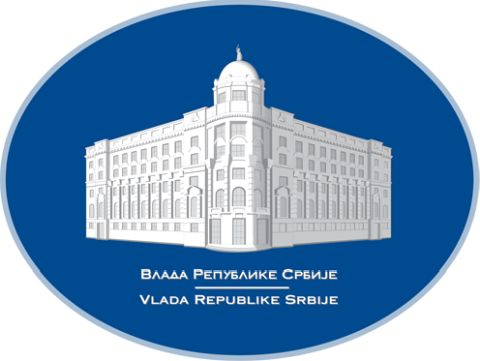
The Government of Serbia adopted a draft law ratifying a loan agreement with the European Union for up to EUR 1,131,090,929.77, with a 40-year repayment period and a 10-year grace period, meaning principal repayments will start in 2034.
The statement of reasons for the draft law states that the 2024 budget provides for borrowing from the EU of up to EUR 1.2 billion under the EU Reform and Growth Facility for the Western Balkans.
Since the National Assembly must ratify agreements that create financial obligations for the Republic of Serbia, the Government of Serbia, at its session held on 5 December, adopted the “Draft Law on Ratification of the Loan Agreement between the European Union, represented by the European Commission as the lender, the Republic of Serbia as the borrower, and the National Bank of Serbia as the fiscal agent of the borrower, under the Reform and Growth Facility for the Western Balkans.”
The Agreement was signed on 28 and 29 November in Belgrade and Brussels.
The Reform and Growth Facility for the Western Balkans entails EUR 6 billion for the entire Western Balkans region, consisting of EUR 2 billion in grants and EUR 4 billion in “soft loans.” To Serbia, as stated in the statement of reasons for the draft law, a total of EUR 1.59 billion will be available for the entire financing period (2024–2027).
Part of the funds will be provided as budget support through loans, while approximately half of the funds (53.3%, i.e., the entire grant and part of the loan) will be allocated to WBIF (Western Balkans Investment Framework) projects.
Out of the total amount available to Serbia, approximately EUR 1.131 billion will be provided as loans, and EUR 455 million will be available as grants.
Of the total loan amount, approximately EUR 738 million will be allocated for budget support, while EUR 393 million in loans and EUR 455 million in grants will be available for financing WBIF projects.
In order to withdraw the funds, Serbia must fulfil the general prerequisites, which concern progress in the areas of democracy, the rule of law and human rights, advancements in the dialogue with Priština, ensuring macroeconomic stability, budget transparency, and progress in public finance reform, i.e. fulfilling the indicators from the Reform Agenda.
To secure disbursements, beneficiaries will submit requests to the European Commission twice a year. The Commission will then assess whether the prerequisites, general conditions and specific reform-related measures for the relevant period have been met. Disbursements will occur following the Commission’s evaluations.
Source: Fonet







